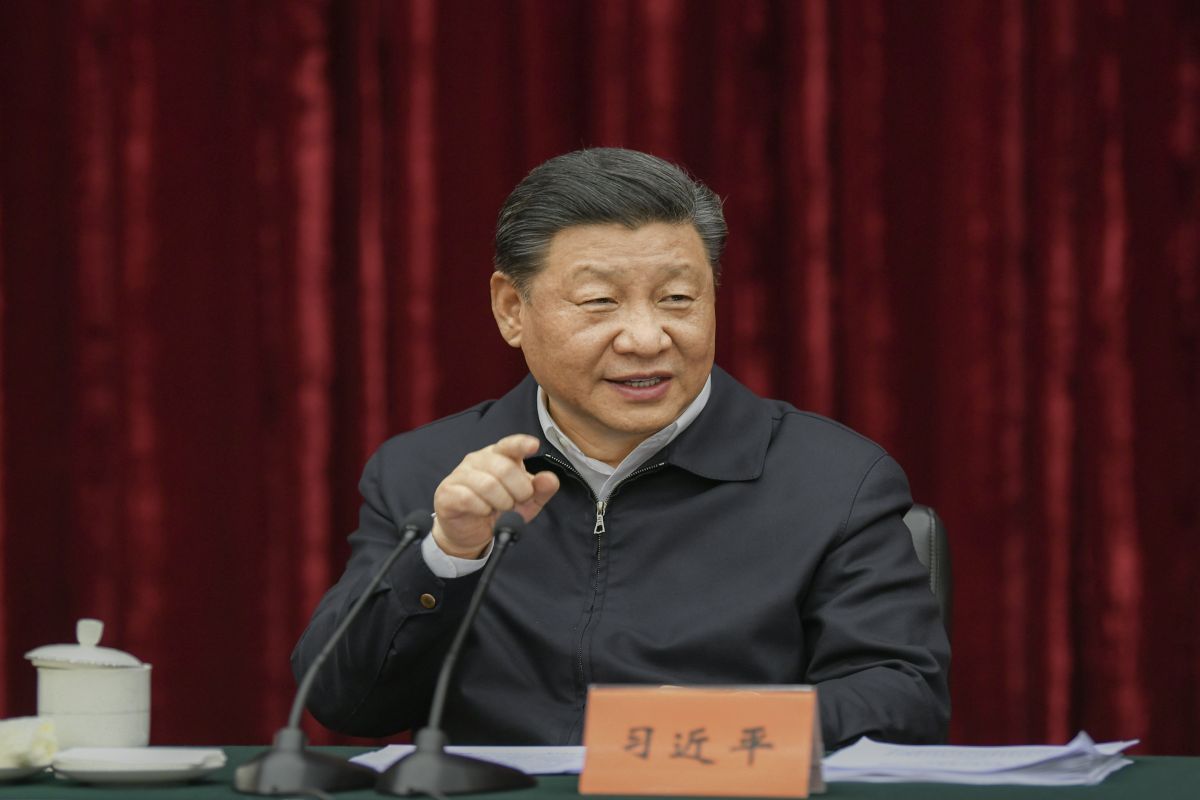Still unexplained
The hunt for the origins of Covid-19 has for the past four years been a tangled web of politics, power struggles, and international finger-pointing.
China has advanced the list of exemptions ahead of the scheduled talks next month between its top trade negotiator, Liu He and senior members of the Trump administration in Washington.

Chinese President Xi Jinping (Photo: IANS)
Across the Pacific, there is a silver lining shimmering across the choppy waves, but Wednesday’s development does not signify that China and the United States of America are inching towards a trade agreement.
China has announced a tariff waiver covering a range of products that are on the US import list.
The Customs Tariff Commission of the State Council has unveiled two tariff exclusion lists of 16 items, including fish meal, raw materials used in cancer drugs and some lubricants.
Advertisement
All items on the two lists will be excluded from additional tariffs for a year up to 16 September 2020. This would mean that the items will not be subject to additional tariffs imposed by China on US products as countermeasures to US Section 301 measures.
Beijing’s unilateral decision does mark a forward movement on a contentious issue. The development is significant because it will to some extent ease the impact of the China-US trade disputes for enterprises in both countries.
It is expected to buttress the development of the companies involved and boost their confidence. It can also help enterprises to control production costs, especially for some importers in the agricultural and chemical industries, and to stabilize market supply of certain products. Altogether it is a modest olive branch from President Xi Jinping to President Trump.
Having said that, it needs to be noted that the list does not include what they call “big ticket items”, notably soyabean and other agricultural items at the core of US economic interests that can shape a trade deal.
China has advanced the list of exemptions ahead of the scheduled talks next month between its top trade negotiator, Liu He and senior members of the Trump administration in Washington.
Yet given the US President’s intransigence, Mr Trump has already signalled his intent to raise tariffs to 30 per cent from 25 per cent on Chinese goods worth $ 250 billion, including cars and aircraft parts.
Clearly, the partial climbdown on tariffs will be determined by the needs of the heath sector. Cancer drugs, for example, are quite obviously considered important by the Beijing administration.
Although China has made pharmaceutical innovation a national priority, the country’s drug development is in the earliest stages compared to industry as a whole. China’s demand for life-saving drugs is growing as its population ages and suffers from chronic diseases such as cancer. Last month the government said it would reduce the penalties for the sale and import of unapproved drugs. This effectively allowed critically ill patients to get cheaper generic pharmaceuticals from other countries.
President Trump has now delayed the imposition of tariffs in response to what he calls a “gesture of goodwill”. The US-China trade war may not have started fair and square, but it is fervently to be hoped that the unnerving tension over tariffs has eased thanks to Beijing’s unilateral endeavour.
Advertisement